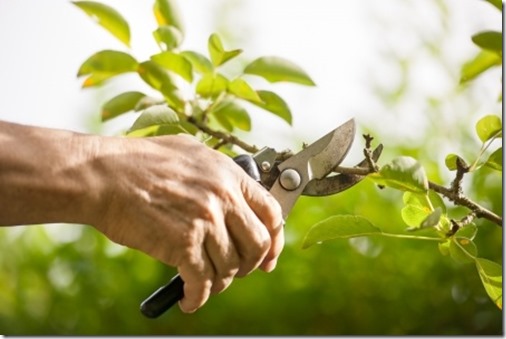-

Planning for the Sabbatical year
This is our first article in a series about how we are to go about preparing for the Sabbatical year. This coming sabbatical year will be our first and we plan to share our journey with you in order for you to glean from what we learn. In this series we will look at ways…
-

Growing a vegetable garden in the Sabbatical year?
We are in the process of preparing for the Sabbatical year which will start in the spring (Aviv) of 2016. As we get closer to the time, we get questions and comments from others who plan to keep, or oppose the keeping of the Sabbatical year. One comment we received was that a family sized…
-

The sixth year, a year of preparation
This sixth year of the Sabbatical cycle is a year of preparation. Just like we have the weekly Sabbath with the sixth day as the preparation day, we have the Sabbatical year, the seventh year, with the sixth year as a year of preparation. So this year when the barley is found aviv and the…
-

Disobedience is not a game, it could change the course of your life
What if your next act of disobedience changes the course of your life? Have you ever considered this? I am not talking about losing a blessing as a result of being disobedient; I am talking about a profound change. YHVH is very patient with us; I don’t think we realize just how much. Will He…
-

The Sabbatical year, a “reset” every seven years
The next Sabbatical year is in 2016, from the first day of Aviv. We plan to keep this commandment. This commandment, to keep the Sabbatical year, is seen by some as quite controversial and one of those commandments which is said not to pertain to us who don’t live in the land. As a result…
-

Are fruit trees excluded from the Sabbatical year command?
After our previous article about preparing for the Sabbatical year, a very thought and study provoking question was asked by a friend. The question prompted us to want to investigate if fruit trees were included in the Sabbatical year commandment, specifically regarding pruning and harvesting. The answer to this would also affect if we could…
